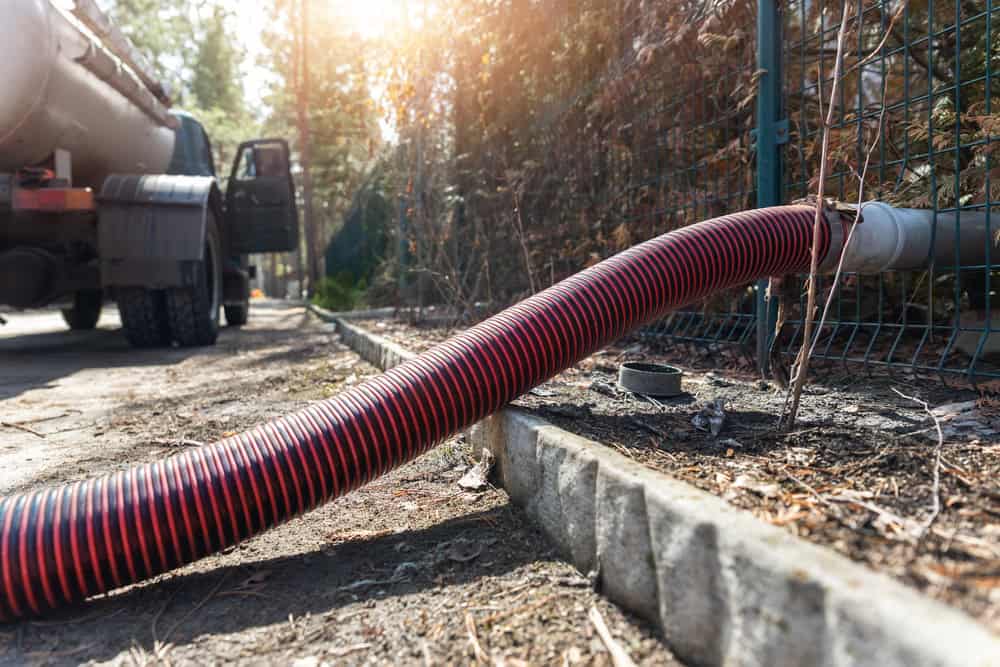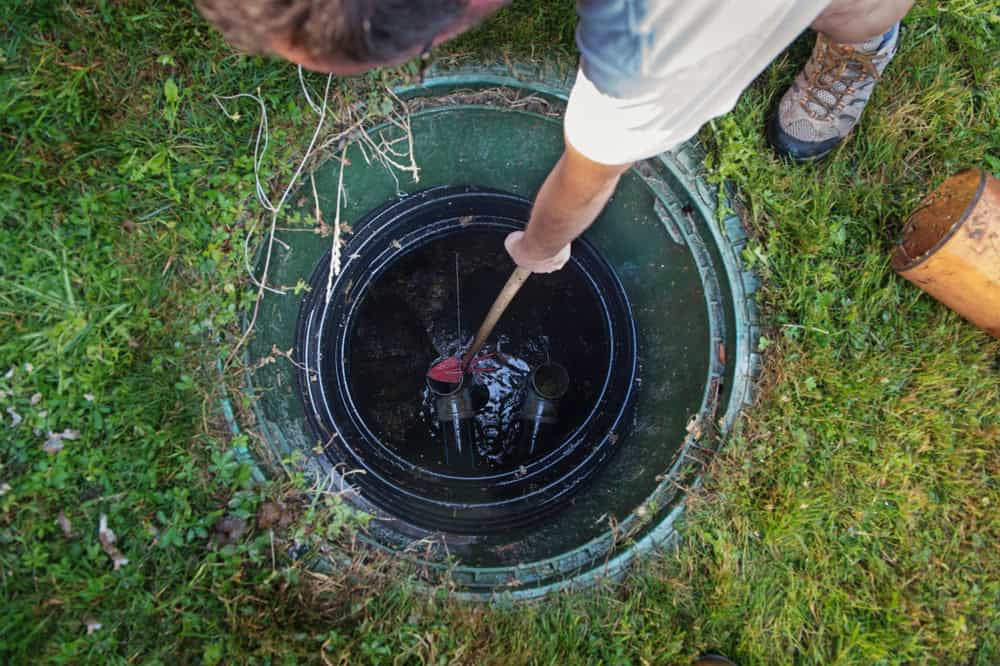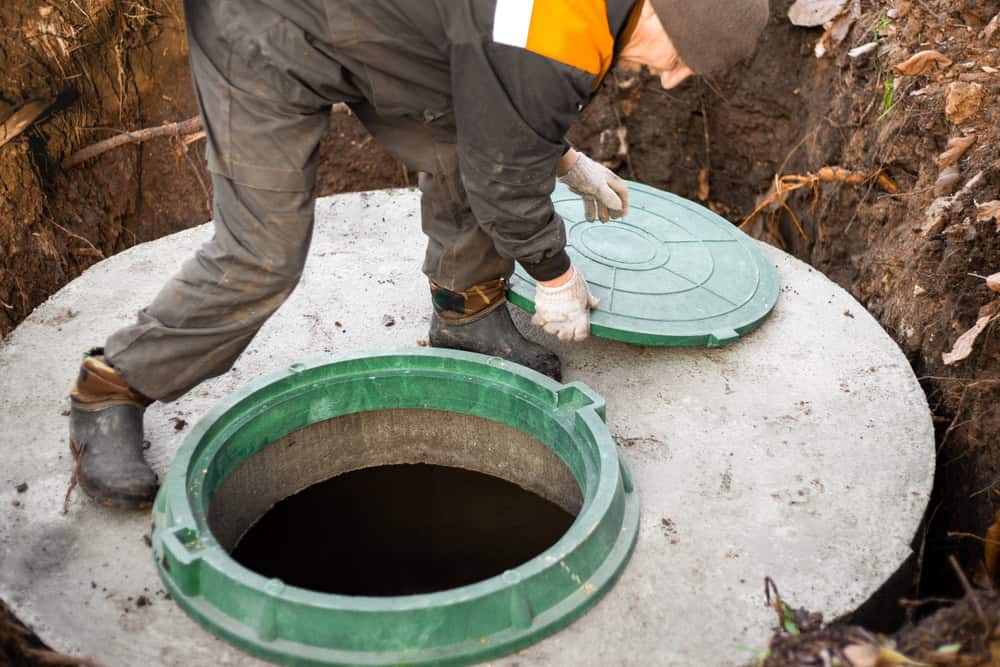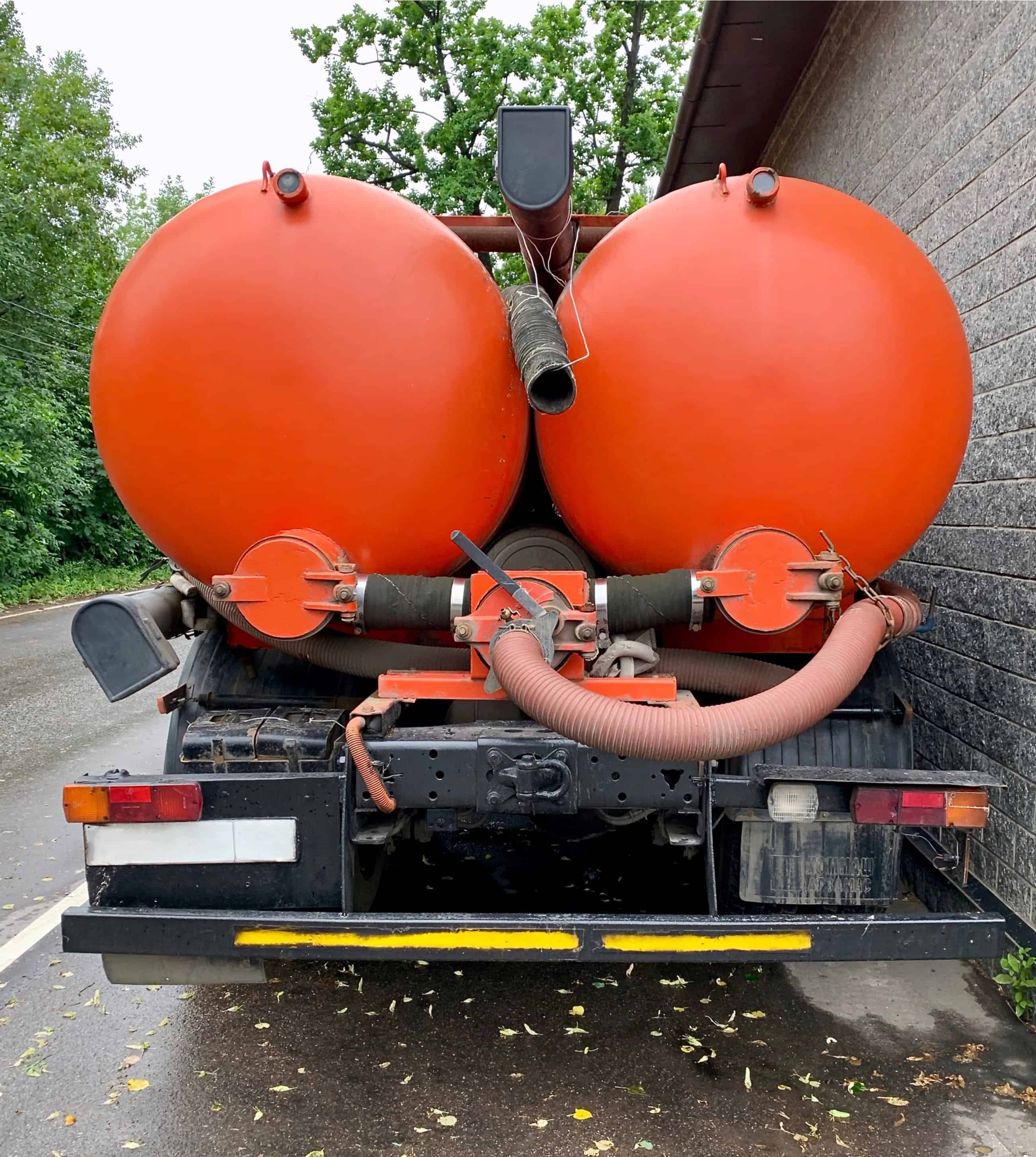
Hear from Our Customers

You get a system that works when you need it to work. No surprise backups during dinner parties or weekend mornings when you’re trying to get the kids ready. No foul odors drifting across your property when neighbors are over.
Regular cesspool maintenance means your drains flow freely, your system operates efficiently, and you avoid those emergency calls that cost three times more than scheduled service. You protect your property value and keep your family comfortable.
Most importantly, you get peace of mind knowing your waste management system won’t fail when you least expect it.
We’ve been serving Glen Head homeowners for nearly two decades. We understand the unique challenges of maintaining cesspools in this area – from the specific soil conditions to the older systems common in homes built in the 1940s.
Our four-generation family heritage means we’ve seen every type of cesspool issue Glen Head can present. We know which systems need more frequent attention and which maintenance schedules work best for different household sizes.
When you call us, you’re working with professionals who treat your property with the same care we’d want for our own homes.

We start by locating and accessing your cesspool system. Our technicians inspect the current waste levels and overall system condition to determine exactly what maintenance is needed.
Next, we pump out accumulated solids and liquids using our high-capacity vacuum trucks. We measure your tank capacity and waste accumulation patterns to create a customized maintenance schedule that fits your household’s specific usage.
After service, you receive documentation of the work performed and recommendations for your next maintenance visit. We keep detailed records so you never have to guess when service is due.

Ready to get started?
Our cesspool maintenance includes thorough pumping, system inspection, and performance evaluation. We service all types of systems common in Glen Head, from older cesspool-only configurations to modern septic tank combinations.
Glen Head’s unique position as a community entirely dependent on individual waste management systems means regular maintenance isn’t optional – it’s essential. Since the area has no municipal sewer connections, your cesspool is your only option for waste treatment.
We recommend maintenance every 1-3 years depending on household size and usage patterns. Larger families typically need service every 1-2 years, while smaller households can often extend to 3 years between services.

Most Glen Head households need cesspool maintenance every 1-3 years, but the exact timing depends on your specific situation. A family of four typically needs service every 1-2 years, while single-person homes can often wait 3-4 years.
Your usage patterns matter more than calendar dates. Homes with garbage disposals, large laundry loads, or frequent entertaining need more frequent maintenance. We measure actual waste accumulation during each service to customize your schedule.
The key is staying ahead of problems. Waiting until you see slow drains or odors means you’re already behind on maintenance and facing higher costs.
The most obvious warning signs are slow-draining sinks and toilets, gurgling sounds from drains, and foul odors inside or outside your home. You might also notice wet spots or pooling water in your yard near the cesspool location.
If you experience any sewage backup or can’t use water normally in your home, that’s an emergency requiring immediate service. These situations can cause property damage and health hazards if not addressed quickly.
Don’t wait for multiple symptoms to appear. One clear sign is enough reason to schedule an inspection. Early intervention prevents small issues from becoming expensive emergencies.
Yes, New York State requires regular cesspool maintenance, and missed pump-outs can result in fines ranging from $250 to $2,000. All Long Island homes with existing cesspool systems are required to maintain them properly.
Since Glen Head has no municipal sewer connections, every property depends on individual cesspool systems. This makes proper maintenance not just a legal requirement but a community responsibility to protect local groundwater.
We handle all required documentation and reporting to keep you compliant with local regulations. Our service records provide the proof you need if inspections or property transactions require maintenance documentation.
Routine maintenance costs significantly less than emergency repairs. Regular pumping and inspection typically runs a few hundred dollars, while emergency service calls can cost three times more due to urgency and potential complications.
The exact cost depends on your system size, waste accumulation levels, and accessibility. Systems that are maintained on schedule require less time and effort, keeping costs predictable and reasonable.
We provide upfront pricing with no hidden fees. You’ll know the cost before we start work, and we stick to our quoted prices. Investing in regular maintenance saves money compared to dealing with system failures.
Homeowners can help maintain their systems by being mindful of what goes down drains and toilets. Avoid flushing non-biodegradable materials, excessive toilet paper, or harsh chemicals that disrupt natural waste breakdown.
However, actual cesspool pumping and inspection require professional equipment and expertise. Our vacuum trucks and inspection tools aren’t available to homeowners, and working with sewage systems involves health and safety risks.
The most valuable thing you can do is schedule regular professional maintenance and follow our recommendations for daily usage. This prevents most problems and keeps your system operating efficiently between service visits.
Skipping maintenance allows solid waste to accumulate beyond your system’s capacity, leading to backups, overflows, and potential system failure. Once solids compact and harden, removal becomes more difficult and expensive.
You’ll likely experience slow drains, odors, and eventually complete system backup. Emergency service during these situations costs significantly more than preventive maintenance and often requires additional repairs.
Beyond the immediate costs, neglected systems can contaminate your property and potentially affect neighbors’ wells or local water sources. Regular maintenance protects both your investment and your community’s environmental health.
Most Glen Head households need cesspool maintenance every 1-3 years, but the exact timing depends on your specific situation. A family of four typically needs service every 1-2 years, while single-person homes can often wait 3-4 years.
Your usage patterns matter more than calendar dates. Homes with garbage disposals, large laundry loads, or frequent entertaining need more frequent maintenance. We measure actual waste accumulation during each service to customize your schedule.
The key is staying ahead of problems. Waiting until you see slow drains or odors means you’re already behind on maintenance and facing higher costs.
The most obvious warning signs are slow-draining sinks and toilets, gurgling sounds from drains, and foul odors inside or outside your home. You might also notice wet spots or pooling water in your yard near the cesspool location.
If you experience any sewage backup or can’t use water normally in your home, that’s an emergency requiring immediate service. These situations can cause property damage and health hazards if not addressed quickly.
Don’t wait for multiple symptoms to appear. One clear sign is enough reason to schedule an inspection. Early intervention prevents small issues from becoming expensive emergencies.
Yes, New York State requires regular cesspool maintenance, and missed pump-outs can result in fines ranging from $250 to $2,000. All Long Island homes with existing cesspool systems are required to maintain them properly.
Since Glen Head has no municipal sewer connections, every property depends on individual cesspool systems. This makes proper maintenance not just a legal requirement but a community responsibility to protect local groundwater.
We handle all required documentation and reporting to keep you compliant with local regulations. Our service records provide the proof you need if inspections or property transactions require maintenance documentation.
Routine maintenance costs significantly less than emergency repairs. Regular pumping and inspection typically runs a few hundred dollars, while emergency service calls can cost three times more due to urgency and potential complications.
The exact cost depends on your system size, waste accumulation levels, and accessibility. Systems that are maintained on schedule require less time and effort, keeping costs predictable and reasonable.
We provide upfront pricing with no hidden fees. You’ll know the cost before we start work, and we stick to our quoted prices. Investing in regular maintenance saves money compared to dealing with system failures.
Homeowners can help maintain their systems by being mindful of what goes down drains and toilets. Avoid flushing non-biodegradable materials, excessive toilet paper, or harsh chemicals that disrupt natural waste breakdown.
However, actual cesspool pumping and inspection require professional equipment and expertise. Our vacuum trucks and inspection tools aren’t available to homeowners, and working with sewage systems involves health and safety risks.
The most valuable thing you can do is schedule regular professional maintenance and follow our recommendations for daily usage. This prevents most problems and keeps your system operating efficiently between service visits.
Skipping maintenance allows solid waste to accumulate beyond your system’s capacity, leading to backups, overflows, and potential system failure. Once solids compact and harden, removal becomes more difficult and expensive.
You’ll likely experience slow drains, odors, and eventually complete system backup. Emergency service during these situations costs significantly more than preventive maintenance and often requires additional repairs.
Beyond the immediate costs, neglected systems can contaminate your property and potentially affect neighbors’ wells or local water sources. Regular maintenance protects both your investment and your community’s environmental health.